Can You Refuse a Breathalyzer? Exploring the Pros and Cons
Being pulled over by the police is a nerve-wracking experience, especially if you're suspected of driving under the influence (DUI). In such a situation, one of the most intimidating tools of law enforcement is the breathalyzer. Used to measure blood alcohol content (BAC), a breathalyzer can be damning evidence in a DUI case. But what happens if you refuse to take one? Can you do that, and more importantly, should you? This detailed exploration of the pros and cons with a DUI attorney office will provide crucial insights into making an informed decision when faced with a breathalyzer request.
The Legal Right to Refuse
First and foremost, it's important to know that you have the legal right to refuse a breathalyzer test, but it's not without consequence. In the United States, driving is considered a privilege rather than a right, and by possessing a driver's license, you've already consented to comply with implied consent laws. These laws mandate that drivers must submit to BAC testing if suspected of DUI. Refusing the test does not escape the law but instead triggers automatic penalties, such as license suspension.
Consequences of Refusal
Refusing a breathalyzer test might seem like a way to avoid immediate punishment, but it can lead to more severe legal outcomes. While you may avoid immediate self-incrimination from breath test results, refusing the test often results in harsher penalties compared to failing it. Penalties include longer suspension periods for your driver's license, higher fines, and possibly even jail time. Furthermore, the refusal may be used against you in court as circumstantial evidence of guilt.
The Safety Argument
There is a strong safety argument in favor of submitting to a breathalyzer test. Drunk-driving remains a grave public safety hazard. According to The Zebra, every day in the United States, an alarming 32 people die in drunk-driving crashes. By agreeing to a breathalyzer, individuals contribute to efforts aimed at keeping roads safe for everyone. Compliance helps law enforcement officers keep potentially dangerous drivers off the roads, thereby reducing the risk of alcohol-related fatalities and injuries.
Legal Complexities and Defense
Legal outcomes for refusing a breathalyzer test can be complex and vary by state. Some states impose stricter DUI penalties, while others are more lenient. Consulting with a legal professional is critical if you find yourself in this predicament, as an experienced attorney can help you navigate state-specific laws and build a strong defense. Furthermore, knowing the precise consequences in your state will help you make an informed decision about whether or not to comply with the test.
In some jurisdictions, refusing a breathalyzer test can lead to automatic license suspension, fines, or even jail time, regardless of whether you were actually impaired. Additionally, refusal may be used as evidence against you in court, making it harder to contest DUI charges. Some states have implied consent laws, meaning that by driving on public roads, you have already agreed to chemical testing if suspected of impairment. Understanding your rights and the potential repercussions is crucial in determining your best course of action.
An Understanding of the Pros and Cons
Ultimately, the decision to refuse a breathalyzer test comes down to weighing the potential benefits and risks. On one hand, refusing may seem like a way to maintain short-term control over your situation, as it prevents immediate evidence collection. On the other hand, the refusal often leads to longer-term complications, including license suspension and potential court struggles. Making the decision requires a careful evaluation of both personal circumstances and the broader consequences on public safety and legal accountability.
When faced with the decision to refuse a breathalyzer test, it's crucial to understand both your rights and the repercussions of refusal. Though refusing might seem like a viable short-term option, the legal and public safety consequences can be considerable. As such, knowing the laws of your state and consulting with a legal expert can provide much-needed guidance. Always remember that each choice you make on the road can have profound effects not only on your life but also on the safety of those around you. If you're currently battling a DUI charge, get in touch with our DUI attorney office at the Law Offices of Jason Pollack, Esq. We're here to help you.


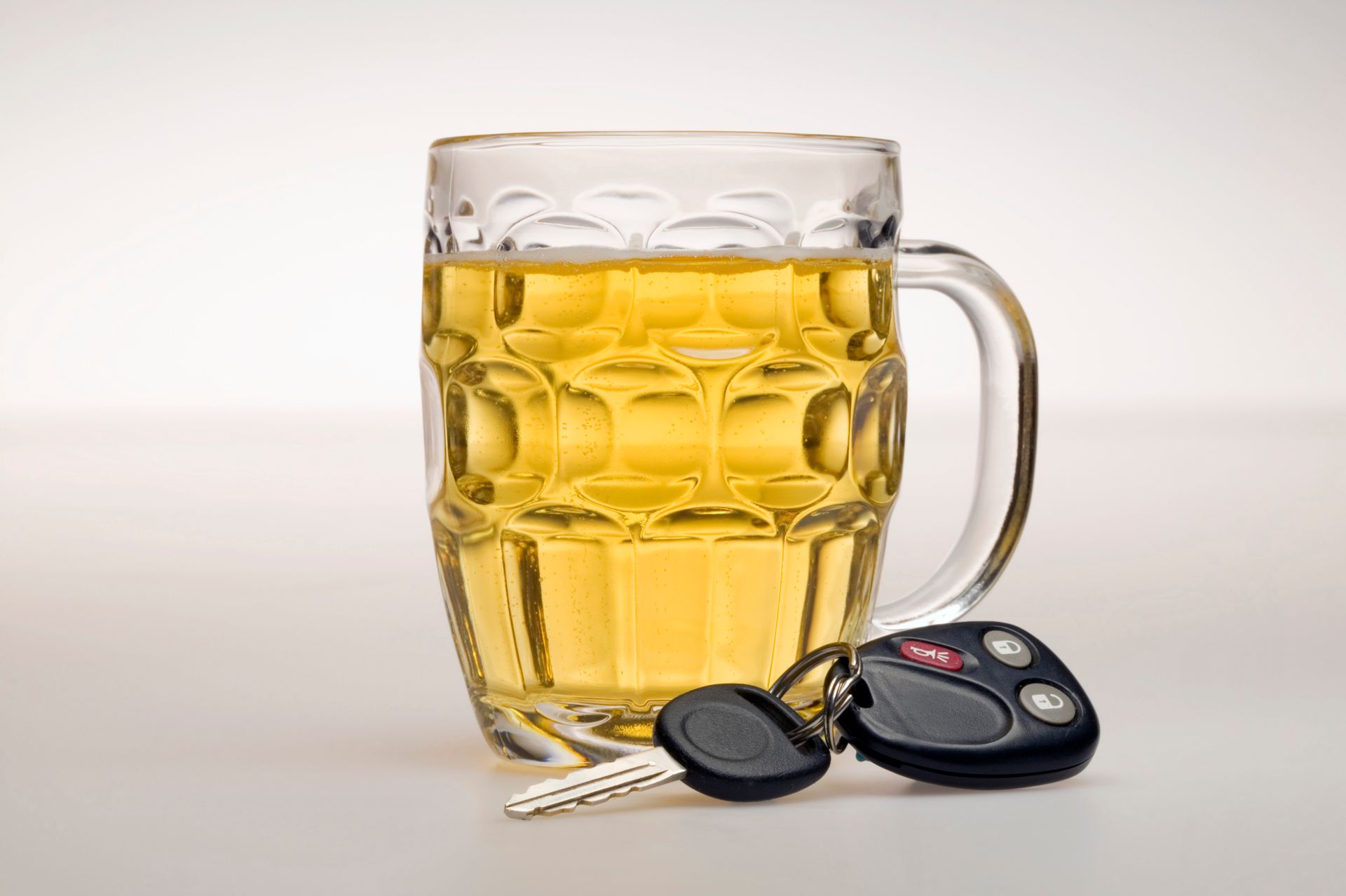

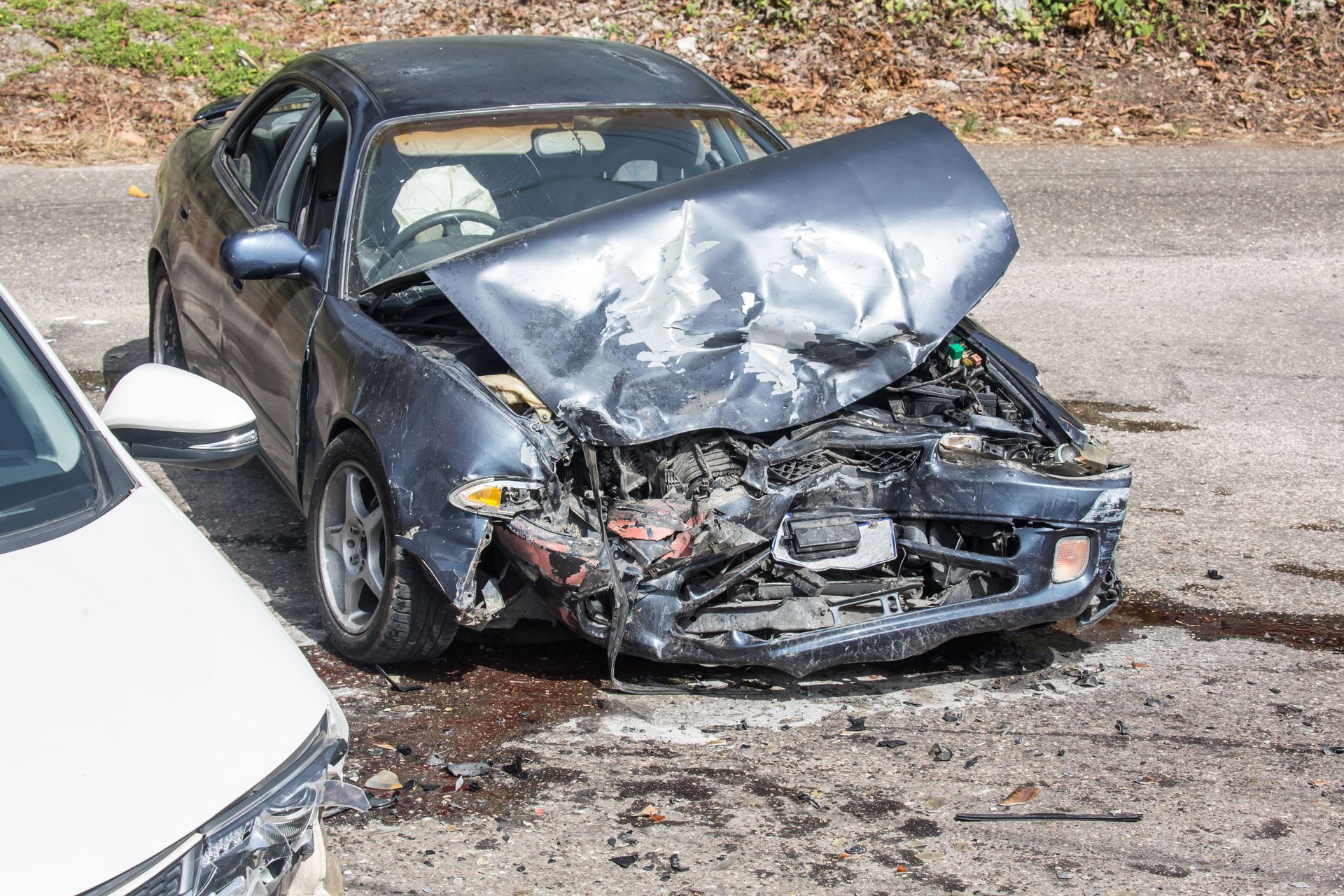
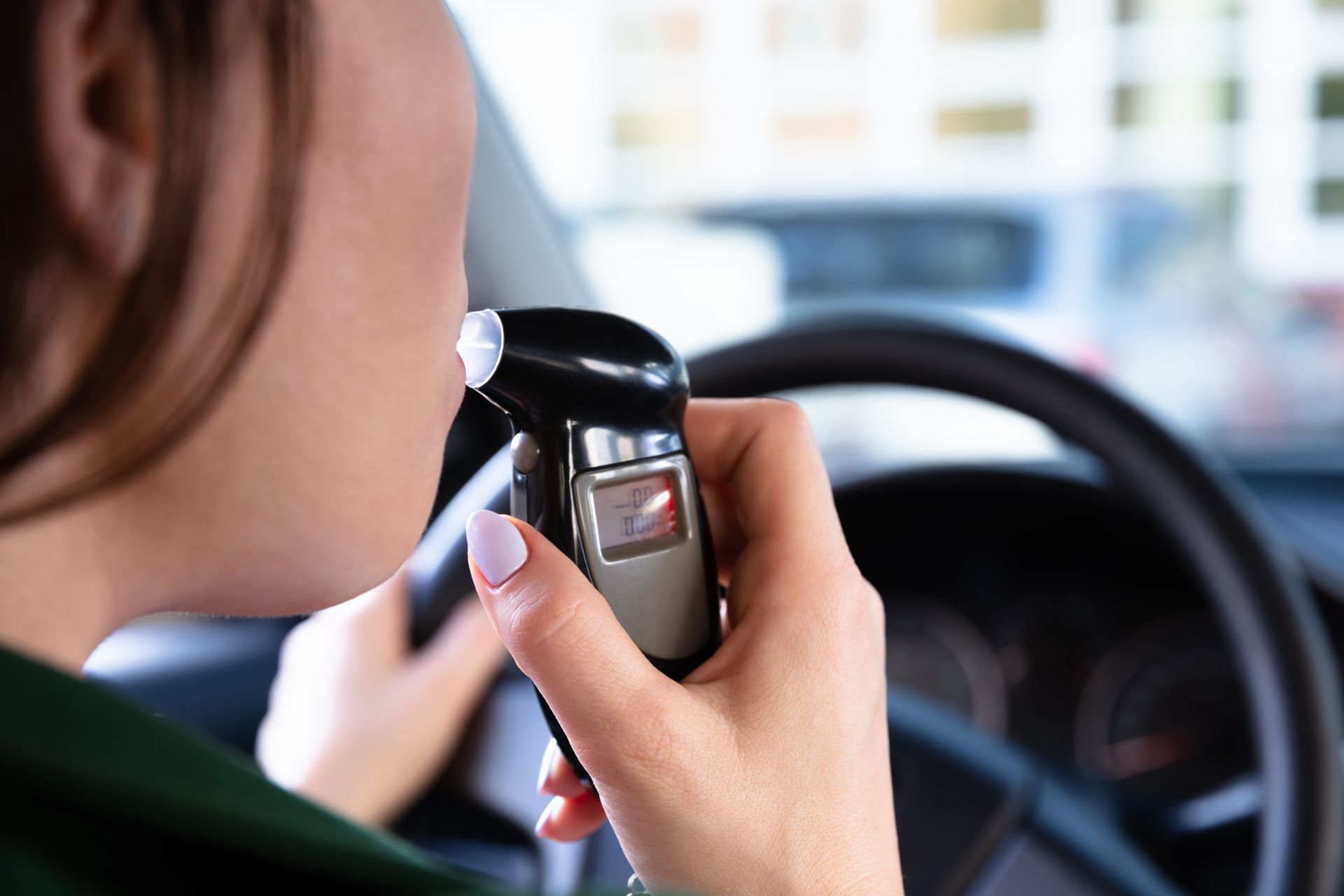
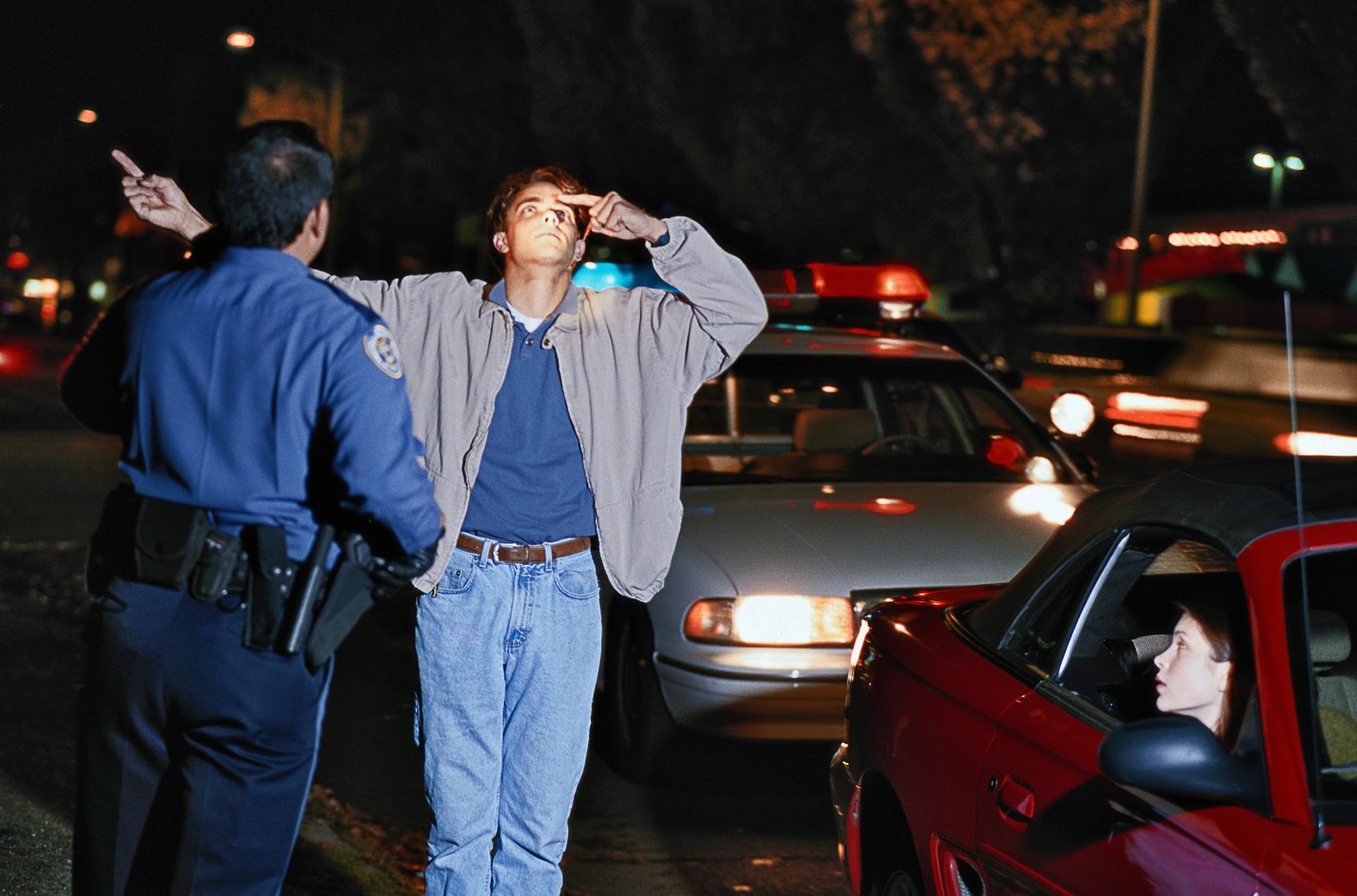
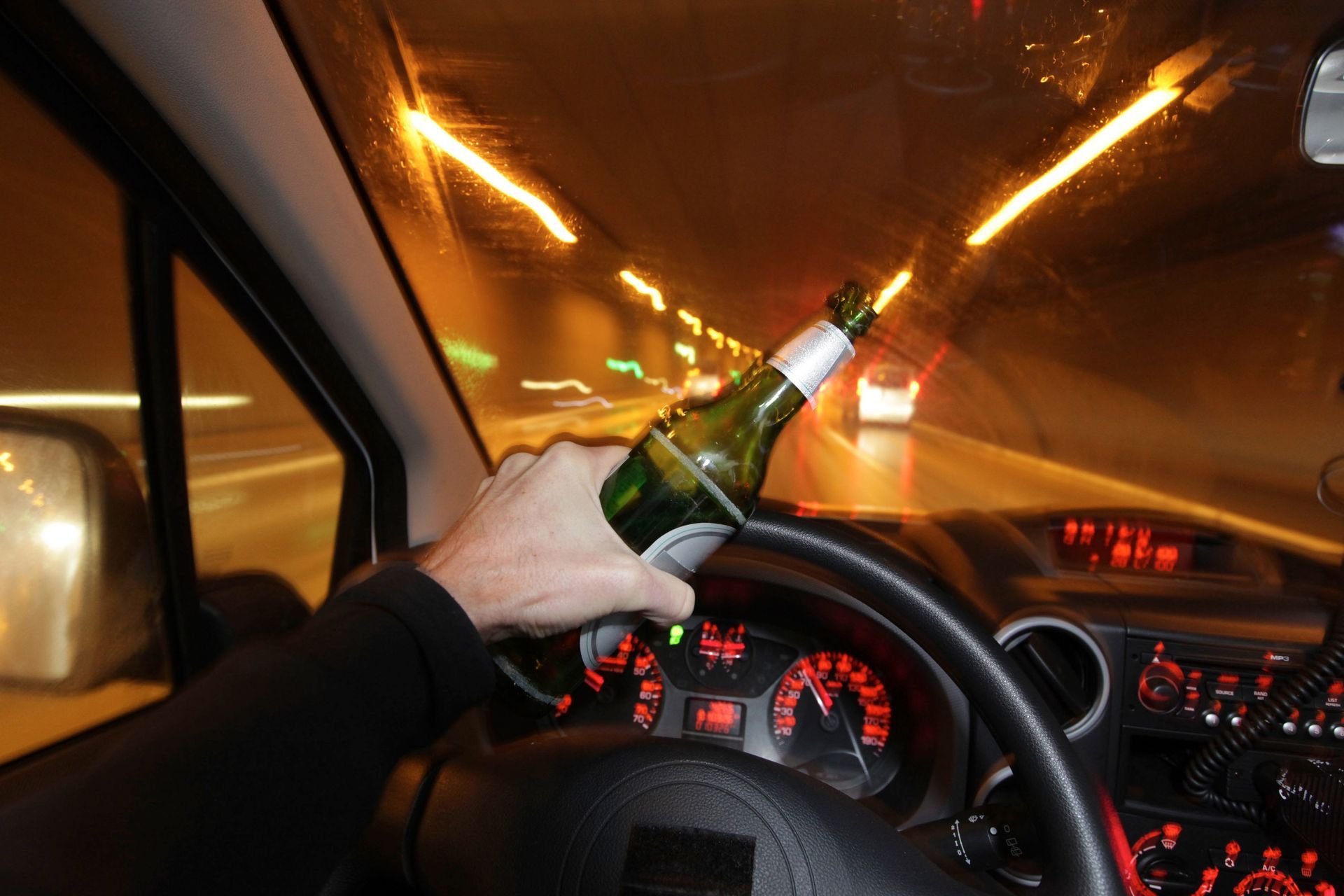





Share On: